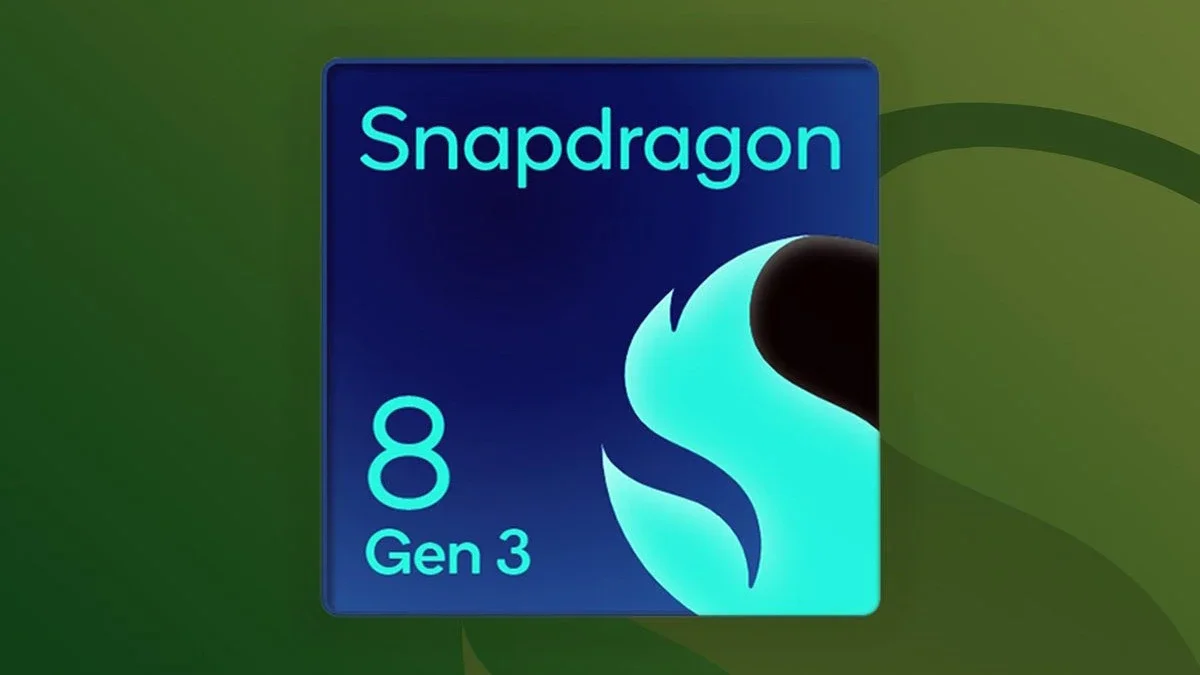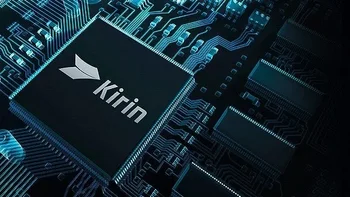Using the Exynos 2400 on the Galaxy S24 line might be the only good option Samsung has

Several rumors say that Samsung will revert back to its old way of deciding which application processor will power next year's Galaxy S24 flagship line in different markets. As it did prior to this year, in the U.S. and China, the latest chipset from Qualcomm, the Snapdragon 8 Gen 3 for Galaxy, might be found under the hood of the Galaxy S24, Galaxy S24+, and Galaxy S24 Ultra. Just about everywhere else, Samsung would use its homegrown Exynos 2400 SoC.
Why would Samsung bring back Exynos chips for the vast majority of its flagship units?
But why would Samsung even consider this considering that powering every Galaxy S23 model with the Snapdragon 8 Gen 2 has gone off quite swimmingly for the manufacturer? The answer, like much in life, might have something to do with money. A post on the Chinese social media site Weibo by tipster Digital Chat Station (via Wccftech), who does have a decent track record, reveals that Qualcomm is going to be asking more for each Snapdragon 8 Gen 3 chipset for Galaxy than the $160 it charged Sammy for the Galaxy 8 Gen 2 for Galaxy SoC.

Digital Chat Station posts about the high price of the Snapdragon 8 Gen 3
Back in June, another tipster pointed out that by using the Snapdragon 8 Gen 2 on all Galaxy S23 units regardless of the region where they were shipped, Samsung lost any leverage it had with Qualcomm over pricing. But if it uses its own Exynos 2400 SoC on the vast majority of Galaxy S24 series handsets, Samsung might be able to get away with raising the amount of RAM on the flagship models' basic configurations, hike the minimum storage on the Galaxy S24 to 256GB from 128GB on the Galaxy S23, keep prices the same, and still make some money.
As it turns out, the early rumors for the Galaxy S24 line have Samsung equipping the basic versions of the Galaxy S24, Galaxy S24+, and Galaxy S24 Ultra with 12GB of RAM which would be a nice increase from the 8GB of RAM included with the basic variants of the 2023 flagship models. And the Galaxy S24 Ultra could be available with as much as 16GB of RAM paired together with 1TB of storage. The maximum amount of RAM on the Galaxy S23 Ultra is the 12GB available with 512GB or 1TB of storage.
Digital Chat Station says that some phone manufacturers will respond to the high cost of using the Snapdragon 8 Gen 3 chipset by using the Snapdragon 8 Gen 2 or by switching to MediaTek's Dimensity 9300 SoC which is produced using the same N4P TSMC 4nm process node that will be used to build the Snapdragon 8 Gen 3. The Dimensity 9300 is equipped with four X-4 prime CPU cores and is the only AP that supports the fastest LPDDR5T RAM. But the fear is that the chip might not be as efficient as the Snapdragon 8 Gen 3.
The Exynos 2400, with its deca-core configuration, could be competitive with the Snapdragon 8 Gen 3
A company like Samsung might not have the option of using the Snapdragon 8 Gen 2 again, and if it can save money by packing its 2024 flagship with its own powerful deca-core chipset, why not do it? Recent benchmark tests show that the Exynos 2400 while trailing the Snapdragon 8 Gen 3 in Geekbench's single-core and multi-core scores, is still competitive. What Samsung might worry about is how its fan base in markets outside of the U.S. and China would respond if it decided to power its next flagship series with the Exynos 2400 in those regions.
Keep in mind that neither the Exynos 2400 nor the Snapdragon 8 Gen 3 have been officially introduced yet by Samsung and Qualcomm, respectively. Interestingly, we've already heard rumors about Qualcomm splitting production of the Galaxy 8 Gen 4 between TSMC and Samsung Foundry with both firms using a 3nm process node to build the chip.
Samsung Foundry's 3nm node includes the use of Gate-all-around (GAA) transistors which surround the channel on all four sides and help the chip deliver faster performance while consuming less energy. TSMC continues to use FinFET transistors and will start employing GAA transistors with its 2nm node which is expected to begin volume production in 2025.
When it comes to the Galaxy S24 series, Samsung has a few options when it comes to the SoC it will put under the hood. It can pay Qualcomm's higher price to obtain enough Galaxy 8 Gen 3 chipsets for all of the flagship's units. This would be the most costly option and might force the manufacturer to do away with some improvements to the line. It can use the cheaper Snapdragon 8 Gen 2 chipset again or the MediaTek Dimensity 9300, neither which is an acceptable solution.
Or, it can use its own Exynos 2400 chipset in most markets with the Snapdragon 8 Gen 3 SoC reserved for the U.S. and China. If it does come down to these options, the last one is the solution most likely to be used by Samsung.
Follow us on Google News













Things that are NOT allowed:
To help keep our community safe and free from spam, we apply temporary limits to newly created accounts: